7 bad habits that wreck your teeth
From sipping sugary sodas to chewing on pen caps, some common habits are terrible for your teeth.
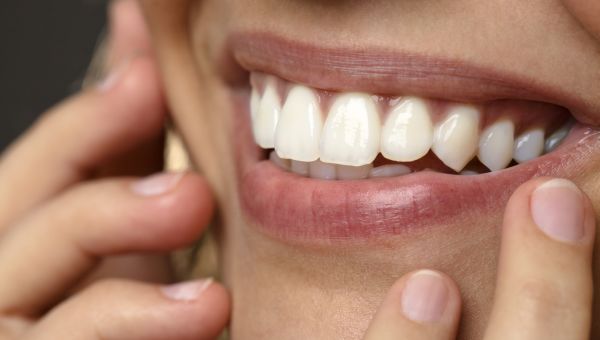
Want a healthy, white smile? Things you may be doing everyday could ruin your chances. Now, it’s no surprise that if you don’t brush or floss enough—twice a day for brushing, once a day for flossing—you’ll probably be out of the running for prettiest smile on your block. But what you drink, eat and even how you take care of your choppers could be damaging them, too. Check out these ways you could be wrecking your teeth.
Medically reviewed in June 2019.
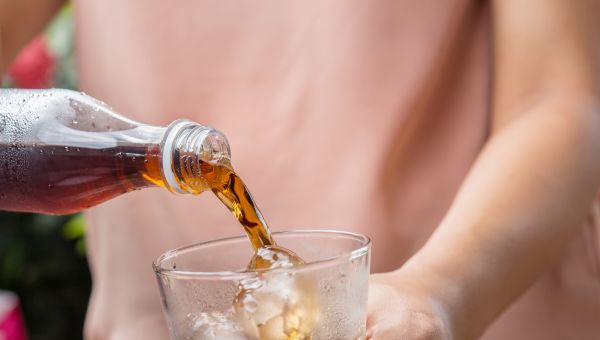
Sugary Treats
While you may think of candy as the biggest culprit of cavities, sugar-sweetened sodas and sweet tea are right up there. “Having a constant source of sugar flowing into the mouth is really bad for the teeth,” says Dante Gonzales, an orthodontist in Dublin, Calif., who serves on Sharecare’s advisory board. “Sugar leads to more plaque accumulation, and in turn, the plaque releases acids that eat into the teeth.” Sugary drinks can also affect the gums and cause gingivitis, says Gonzales.
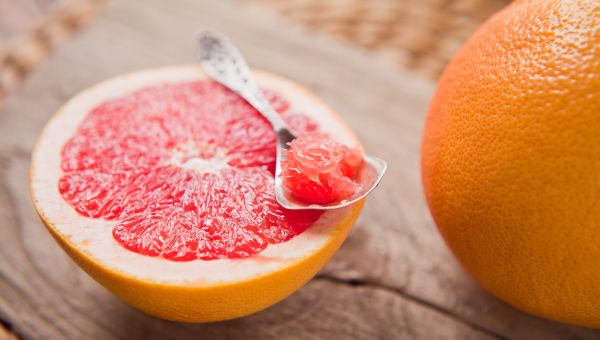
Acidic Foods and Drinks
Grapefruits and oranges may be breakfast staples, but the acid in these fruits can erode enamel on your teeth. Same with lemons (including lemonade) and limes. And it’s not just fruit—the acid content in sodas (even diet sodas) spells trouble for your smile. Fortunately you can limit the negative impact a couple of ways: Use a straw to limit acid exposure, and/or drink faster. Research shows that people who sip their drinks are more likely to have tooth damage than those who finish their beverages quickly.
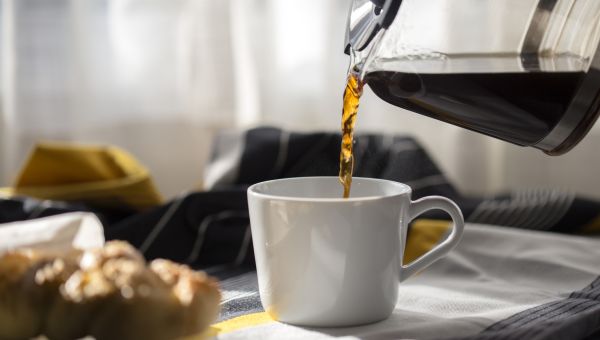
Tooth Staining Drinks
If you reach for coffee for a morning boost, or pour a glass of red wine to relax after a long day, consider your shining smile first. “Coffee and wine are not necessarily bad for your teeth, although they do stain [them],” says Gonzales. “It’s just cosmetic.” But there’s hope if you enjoy these pick-me-ups: You can usually remove the stain with teeth whiteners.
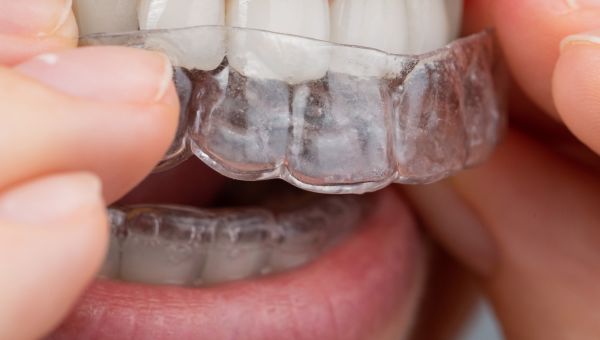
Grinding Your Teeth
Waking up with a sore jaw is a sign you might grind your teeth at night, but pain isn’t the only consequence: Grinding and clenching can really damage your teeth. In addition to wearing them down, grinding “can actually fracture them, and once a tooth is fractured, typically it will have to be removed and replaced with an implant,” says Gonzales. Wearing a night guard can help prevent major damage.
Stress is a common reason for tooth grinding, but Gonzales adds that “if patients are chronic clenchers and grinders, they may want to look into getting checked for sleep apnea.”
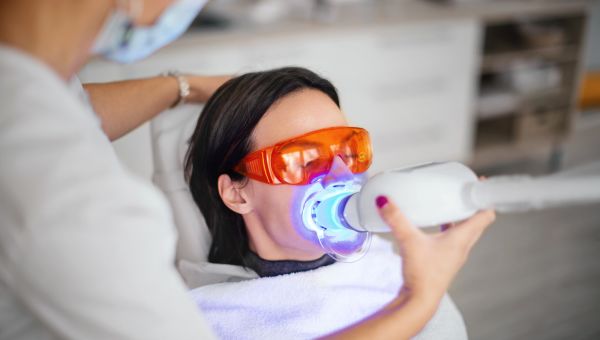
Whitening Too Much
Going for a bright white smile? Frequent teeth whitening may do more harm than good. “It can start to break down the enamel,” says Gonzales. However, over-the-counter products are less likely to damage your teeth than whitening solutions from the dentist, which have higher peroxide levels. Use the products as directed to protect your pearly whites.
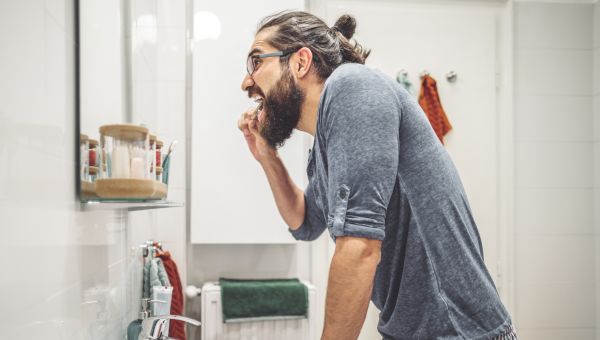
Scrubbing Your Teeth
Brushing two times a day is important, but so is how you brush: Too hard could hurt your teeth and lead to gum abrasion. “Try to hold the toothbrush with two fingers and a thumb versus your whole fist,” says Dr. Gonzales. “That will usually give you the adequate amount of pressure that you need to get your teeth clean but not brush too hard.” Switching from a hard-bristled toothbrush to a softer one can also help.

Crunching Ice, Chewing Pen Caps
Chewing on a pen cap is more than just an annoying habit: Biting can be bad for your teeth. Chewing on pen caps—or crunching ice or hard candies—“can lead to small micro fractures that can eventually lead to larger fractures,” Gonzales says. And don’t treat yourself as a human bottle opener, either. “You don’t want to use your teeth unless to chew food,” he says.
More On


video
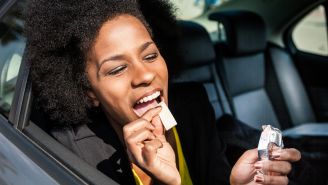
article

slideshow


video


video
